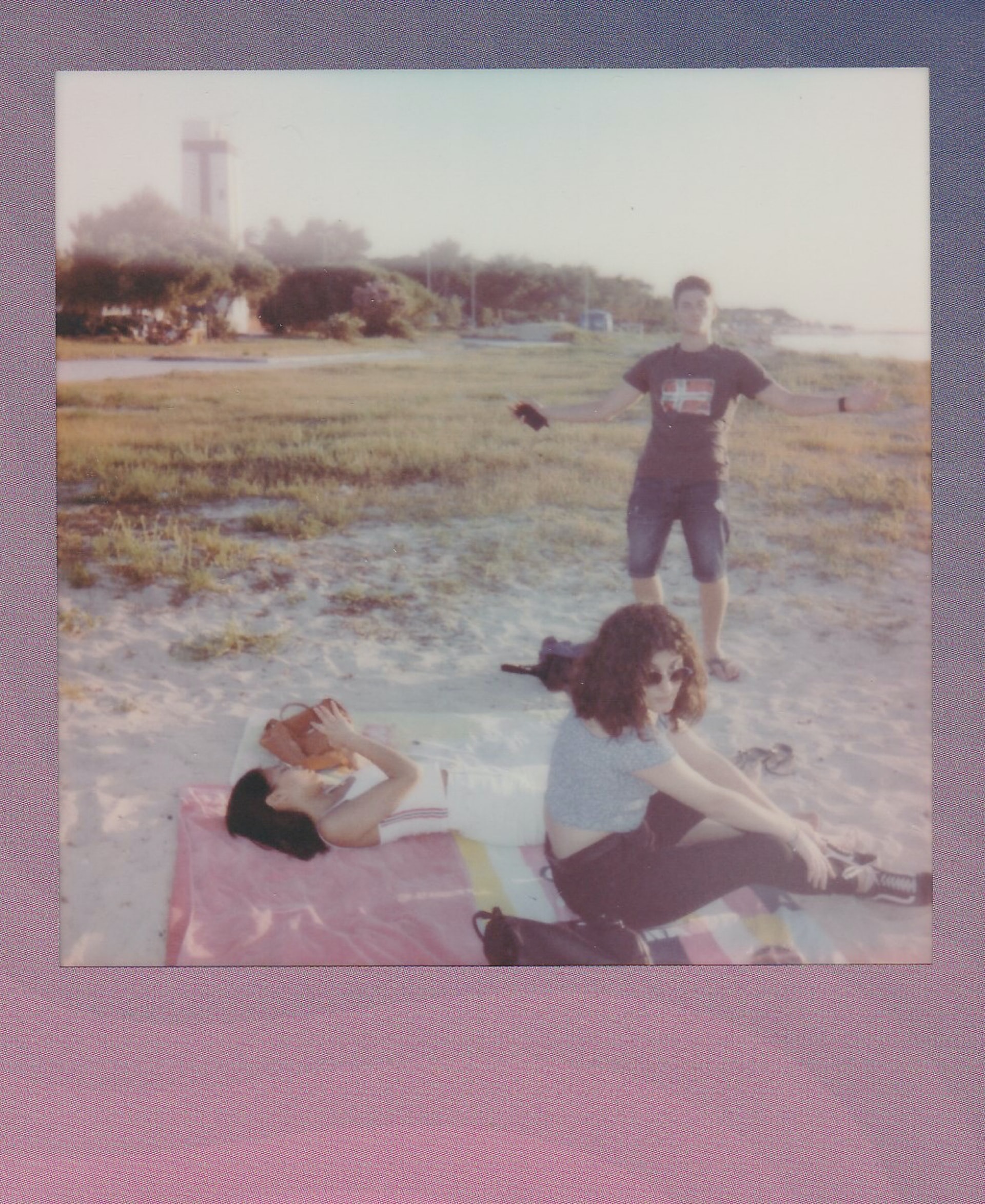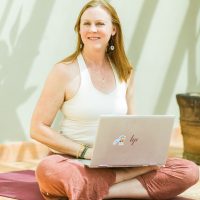How Compassion Became My Lifeboat
I come from an extremely dysfunctional family made up of wondrous, sharp-as-tacks, witty, gentle, musical, kind-hearted, determined people—people of depth and complexity.
I love my family but don’t often feel loved in return. In spite of that, my heart still holds a deep and abiding love of the idea of family, and I take this as a sign that all hope is not lost for me.
My family on both sides have weathered many storms, some obvious and above-ground, like my grandparents living through the depression in rural Oklahoma.
Other more devastating tempests roil fiercely underneath in a cryptic place beneath the sea of our lives, a place in the deeps where what’s hidden is the most repugnant, most shameful, and most traumatic, unbearable truths.
A family is like an ecosystem, where every organism is crucial to the survival of all the other sensitive entities in the system. And when there is an unbalance or stressor, even a minor one, the health and stability of this delicate, interdependent community are jeopardized.
Like many people, I was reared in a soup of dysfunction and imbalance. With few exceptions, the adults around me had not admitted to nor did they understand how family and personal traumas were being reenacted and reborn within a new generation.
And it was in this murkiness, this dark time of the blind leading the young, that I first learned about love and life.
Criticism taught me that I wasn’t good enough and diminished my self-esteem, feeling ignored and brushed aside taught me not to trust my own feelings or judgments, being treated as an adult robbed me of my childhood, and being shamed taught me that I was irreparably flawed.
When I was young, I would force myself to do things like play with daddy-long-legs or jump off the top of the shed, just to see if I could do it. I was in the habit of challenging myself to do scary stuff. Why, I don’t know.
Whatever the reason, my practice with spiders and tall buildings prepared me for the scary task of speaking up about the dysfunction around me. I was a squawker, and squawkers are not popular in families. In fact, they’re often called scapegoats.
In January of 2019, at the age of 49, the storms that had been brewing deep below my awareness (for generations it seems) began to wash over me in a way I could not ignore or push aside anymore. I felt like an angry, open wound.
Finally, in a state of desperation, I reached out to a therapist.
When she opened her door for our first appointment, upon seeing her, I started sobbing uncontrollably—the full-body, wet face kind of crying. Ugly crying. I did not yet fully understand what was wrong, how to fix it, or why I needed to cry. My pain was intense but nameless and faceless.
By the end of 2019, after almost a year of therapy, I had a deeper understanding of the source of my agony and feelings of rejection. I had names, I had faces, I had receipts. I also had a better handle on what led me to this point. I was beginning to piece together the understory of my life and that of my family—my unhealthy ecosystem.
I also understood why it happened, to some extent. (My therapist has wisely advised me to focus on the what—like what can I do about this and what is the best response—instead of the why. Going after the why leads you down a rabbit hole from which you can sometimes not come out.)
As I brought to light and processed the trauma I and my family members had experienced, I began to wonder how far back it went. Grandparents for sure, and their parents as well from what I’ve heard. How many generations suffered? Three, four, seven, countless? It’s heartbreaking to think about.
Stumbling into 2020, I found myself grappling with the isolation of the pandemic as well as the stress of divorce. The otherworldly feeling of the pandemic, of the world being put on hold, colored my divorce experience and my life in ways I may not yet comprehend. The isolation from my family, from my soon-to-be-ex, and from my community, left me feeling unmoored, alone, and more fragile than I’d ever felt before. The fact that many of my family members live mere minutes away but have no contact with me compounded the loneliness.
I truly felt adrift. My teenage daughter and my dog were my entire world.
It was during this time of withdrawal and respite that I took up a regular yoga practice, began meditating, and reading about self-compassion. My therapist recommended a book called Self-Compassion by Kristin Neff. Reading this was a paradigm-shifting experience for me.
As Neff instructs in her book, I began to practice comforting myself when I was scared, anxious, or hurt. I practiced giving myself grace and talking tenderly to myself just like I would someone I love, like a dear friend or my daughter.
I’ve read that compassion is made up of three components: noticing, feeling, and responding; in other words, compassion is a verb. Bringing this level of awareness and response to my own inner world has changed forever the way I relate to myself and others.
I also learned about and began practicing metta meditation, or loving-kindness meditation. This is a focused, intentional meditation where you direct love and kindness to others and/or to yourself. I started with myself and then began to practice sending it to family members who had hurt and frustrated me.
I would take long walks and repeat the meditation over and over again, toward one person at a time, repeating their name at the beginning of each sentence, keeping an image of them in my mind for extended periods of time.
And just between you and me, knowing I didn’t have to mean what I was thinking or saying for it to be effective sometimes made the task a little easier!
I’d be lying if I said I don’t feel hurt by or sometimes frustrated with my family today. And actively being compassionate toward others doesn’t mean they aren’t responsible for owning and taking care of their own sh*t because they certainly are. It also doesn’t mean that I stick around for abusive behavior because I certainly do not.
Metta meditation and compassion aren’t a cure-all and they can’t make hurt and disappointment disappear.
What I can say is that I have more clarity and my heart is lighter. I’m no longer plagued by unknown darkness and deep, underwater storms brewing mysteriously beneath the surface. I feel safe, buoyed even, lifted up. The hurt doesn’t go as deep or as wide. But it is a process and one I’m still actively practicing.
And as I have learned to give grace and compassion to myself, those same gifts of spirit flow naturally to the other tender souls in my ecosystem. We do, after all, come from the same murky waters, and each one of us is doing the best that we can.
~
 Share on bsky
Share on bsky






Read 10 comments and reply